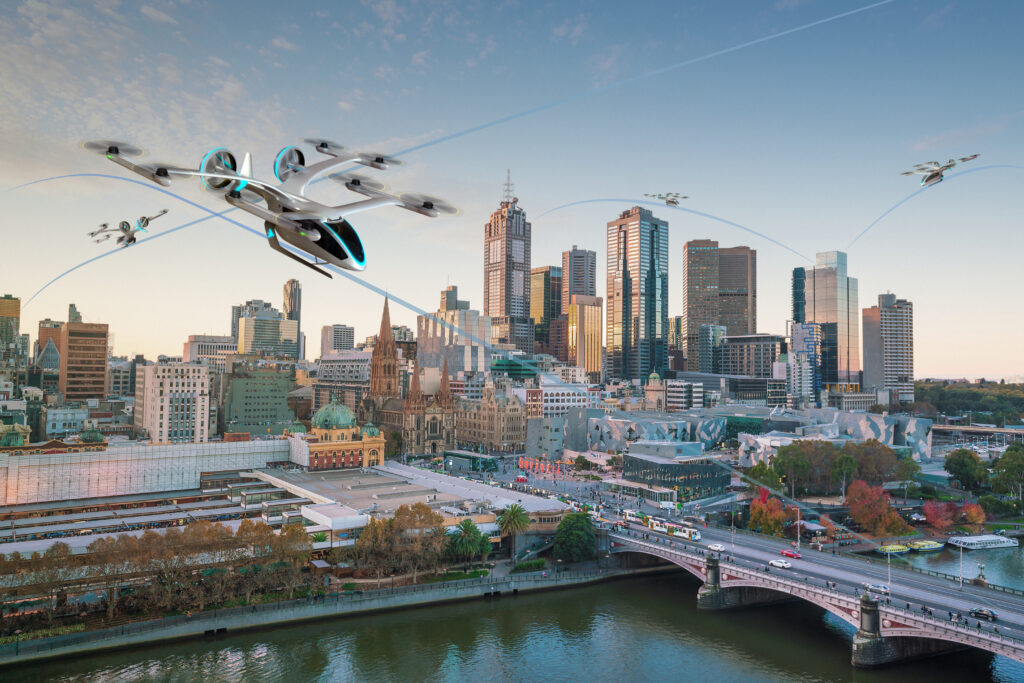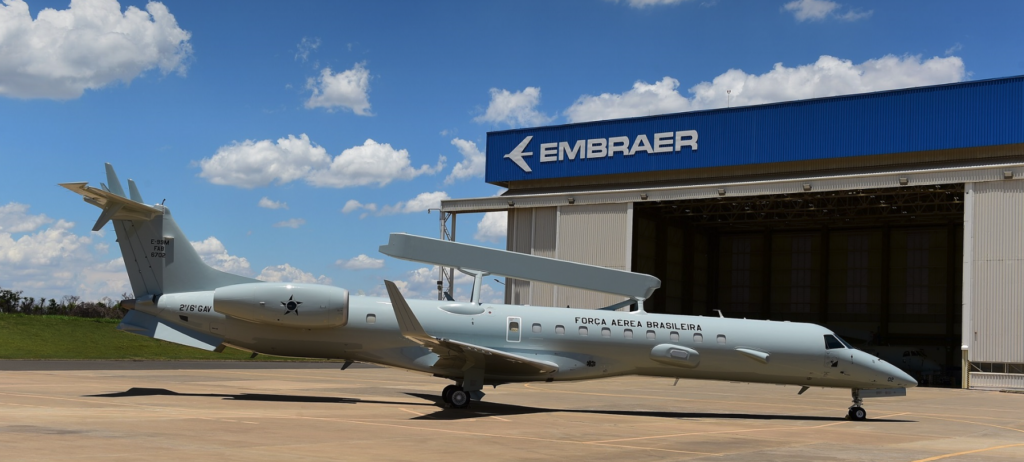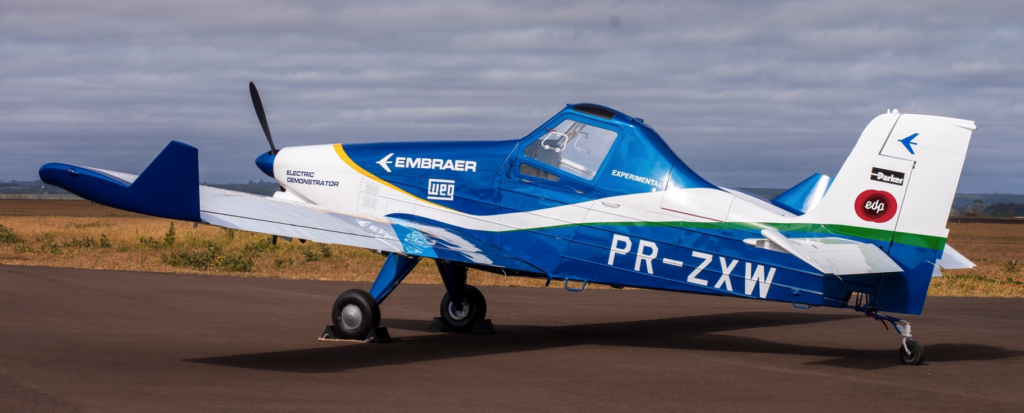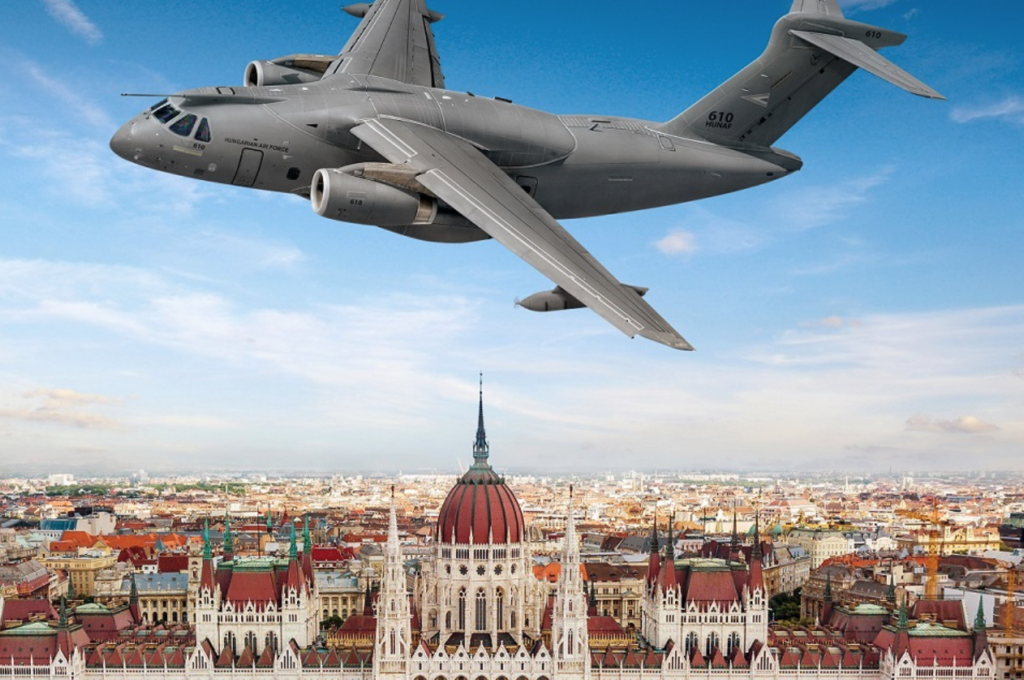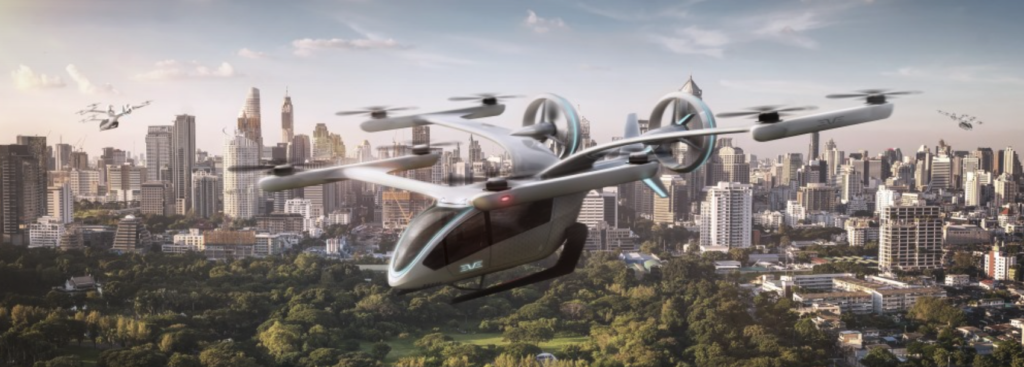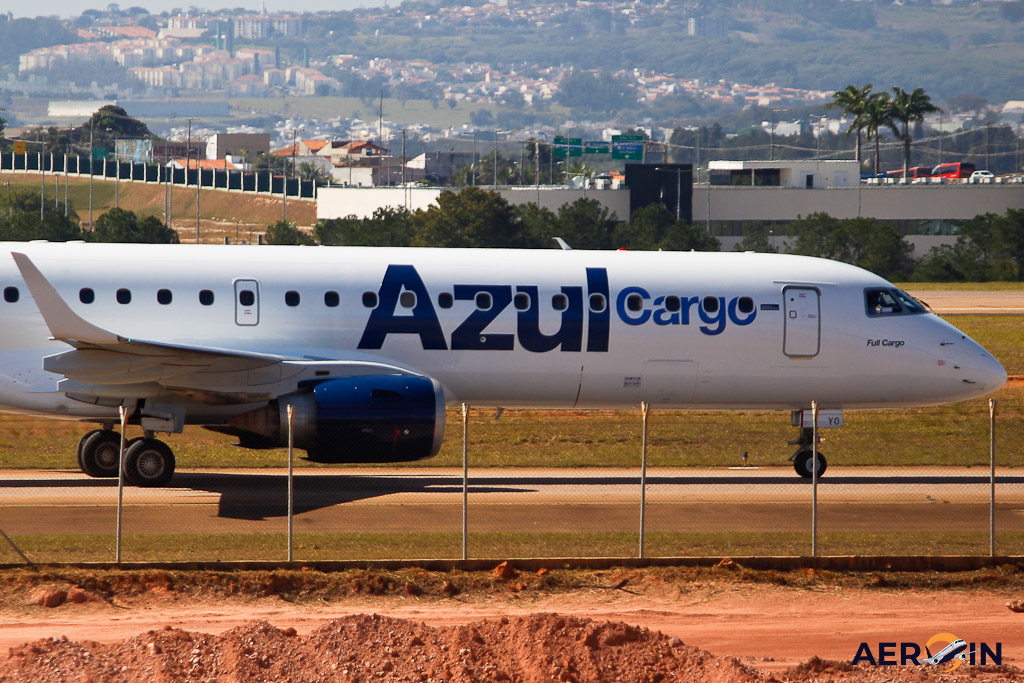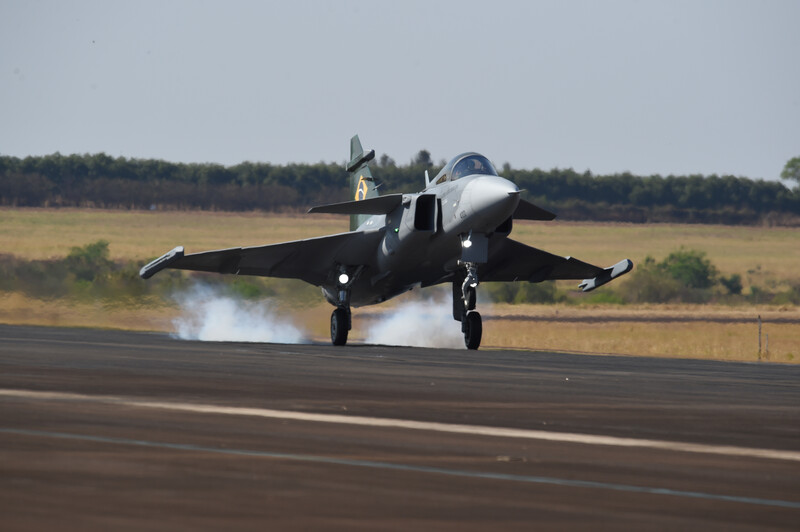EmbraerX and Airservices Australia Release Concept for Urban Air Mobility
EmbraerX, Embraer’s disruptive business subsidiary, and Airservices, Australia’s civil air navigation service provider, have developed a new concept of operations (CONOPS) for the air taxi market, also known as urban air mobility (UAM). Going forward,…
